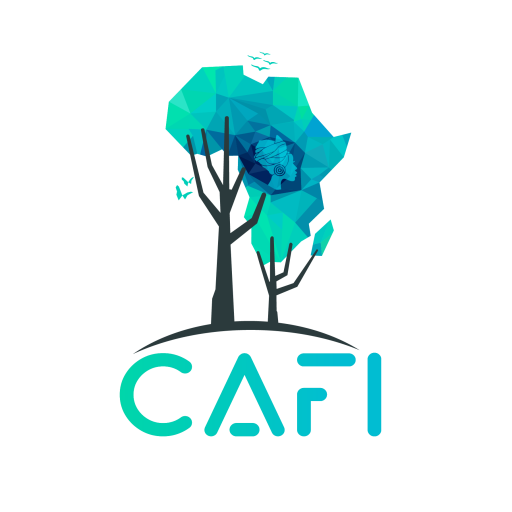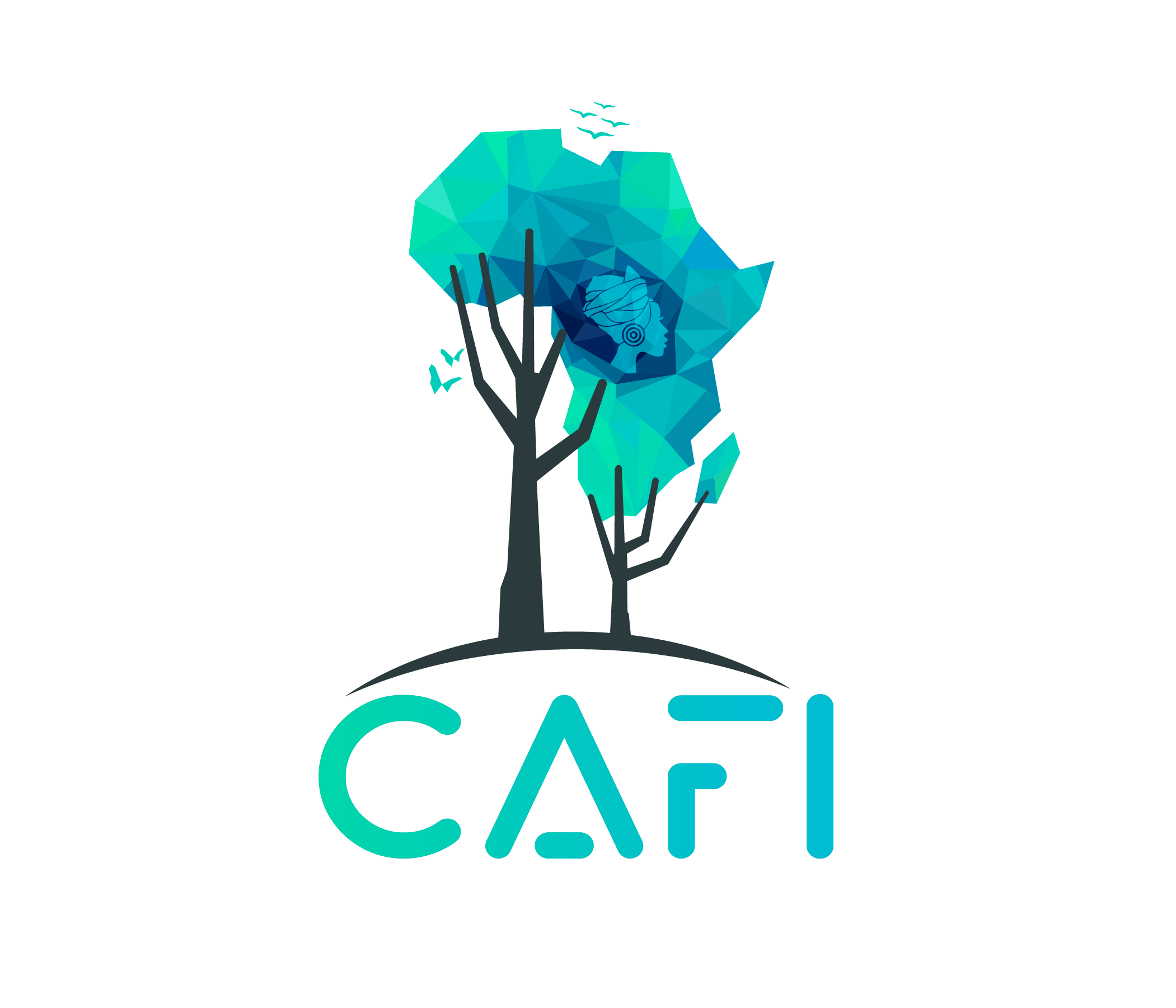Supporting research sites
Support was provided to rehabilitate and operationalise the two key research stations of Ipassa and La Lopé. $313,966 (to IRET) and $284,690 (to ANPN) were disbursed for infrastructure upgrades, ongoing research projects, and staff compensation. Following a monitoring mission in September 2024, a prioritised rehabilitation plan for Ipassa was developed.
Strengthening Scientific Collaboration
To enhance coordination and consistency in forest research, two joint workshops were held between ANPN and IRET, and helped align monitoring efforts between the Lopé and Ipassa sites. Historical transects at Ipassa have been restored, and new monitoring methods are being developed. Additionally, 24 forest plots from Duke University were officially transferred to IRET and are now being monitored.
Active discussions are ongoing between IRET and ANPN to harmonize research protocols, and negotiations are underway between CENAREST and ANPN to establish a Joint Research Unit. This unit would help streamline data collection and coordination across long-term ecological research and international research networks. By 30 June 2024, five inter-agency workshops had been held to coordinate scientific activities and draft terms of reference for five thematic working groups. These groups—focusing on biodiversity & phenology, biomass & remote sensing, environmental monitoring, wildlife tracking, and student training—will develop standardised research protocols in collaboration with international experts. The newly formed Scientific and Technical Committee (CST), launched on May 5, 2024, will guide and oversee these efforts.
PhD students selected
Two PhD students were selected to work on topics related to agroforestry and forest ecology. A PhD student, previously trained in phenological monitoring at Lopé, is now working at Ipassa to implement and adapt these protocols locally

